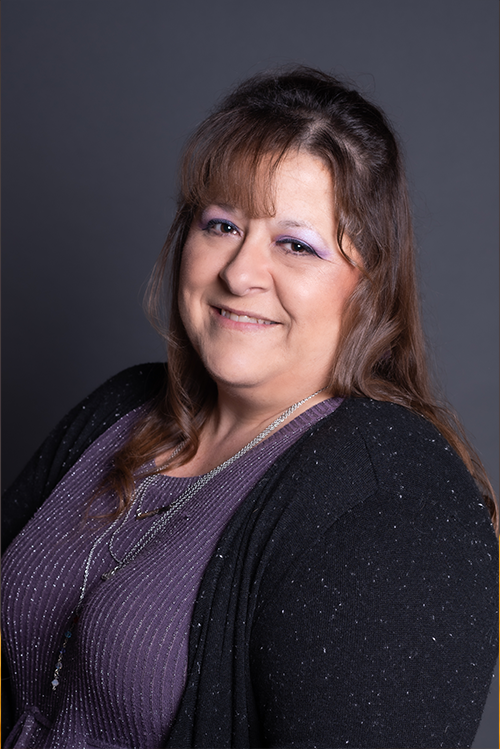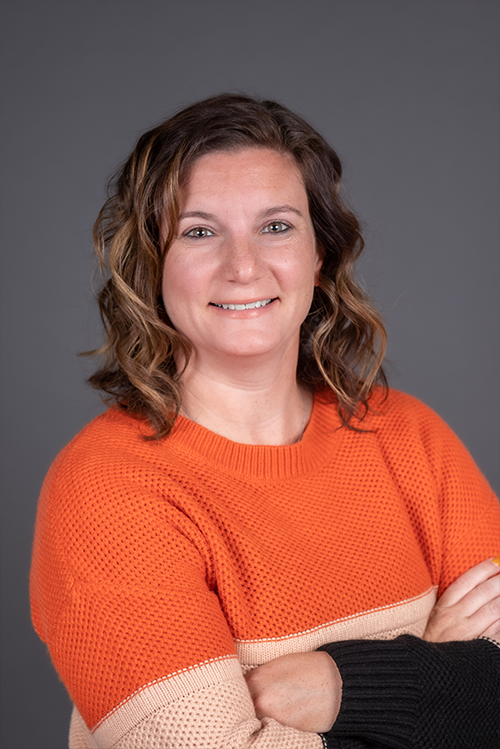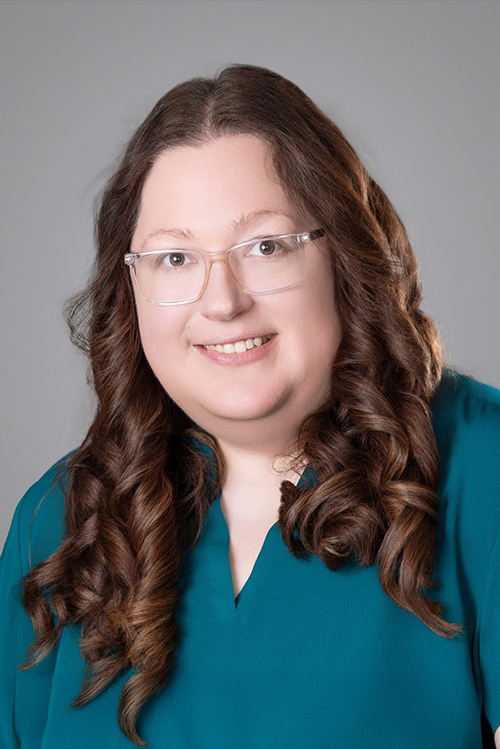Anna Doherty
LCPC
Quick Email Now!
Company Location
Phone Number
Plainfield, IL
Morris, IL
Ottawa, IL
Yorkville, IL



ADHD affects about four percent of children globally and is diagnosed in about eight percent of school-aged children. ADHD is a chronic disorder with forty percent of those individuals diagnosed in childhood continuing to have symptoms into adulthood. It is estimated that five percent of American adults live with ADHD. ADHD is diagnosed 3 times more frequently in boys than in girls. ADHD management usually involves some combination of medications, behavior modifications, lifestyle changes and counseling. Its symptoms can be difficult to differentiate from other disorders, increasing the likelihood that the diagnosis of ADHD will be missed.
ADD and ADHD disorders may have symptoms that can begin in childhood. This can cause issues at home, school, work or in relationships. Most children display these traits at one time or another, to be diagnosed the symptoms should be inappropriate for the child’s age. Adults can have the disorder also. Many times, they also had the disorder as a child. As an adult, the symptoms may also vary; restlessness, problems with interpersonal relationships and employment can result.
Some symptoms include:












Family
Counseling
Attention-Deficit Hyperactivity Disorder is a neurodevelopmental disorder that affects large numbers of individuals. It is a long-term chronic brain condition that causes executive dysfunction. There are differences in the brain, nerve systems, and neurotransmitters of people with ADHD that cause various symptoms. While usually diagnosed in children, ADHD can persist into adulthood, with many adults having undiagnosed ADHD, as mentioned earlier.
While there is no official ADHD test, your child’s pediatrician will use a set of guidelines set up by the American Academy of Pediatrics, which are specifically set for children aged 4 to 17. The provider will ask multiple people who observe the child in different settings like school and home. They will ask you, the parent, as well as teachers, healthcare providers, caregivers, etc. Based on these observations, the provider will compare your child’s symptoms to their age. They will also look at the guidelines in the DSM-5-TR to diagnose ADHD. These guidelines are:
After these evaluations, they will be able to make a diagnosis.
ADHD can bring with it a wide variety of symptoms that can cause various issues:
Hyperactivity or mental restlessness – Feeling constantly “on the go”, struggling to slow down, or experiencing racing thoughts.
Yes, therapy may help individuals cope with ADHD. However, your medical team, including your therapist and psychiatrist are best equipped to answer this question for your specific situation. There may be different therapies that can help children, teenagers, and adults with issues that may appear with ADHD, such as anxiety disorders. Some of these therapies include:
Other possible options include diet, specifically eating a balanced diet with whole foods, and supplements such as omega-3 fatty acids. However, these are not substitutes for therapy and medication that may be needed to manage the condition (NHS).
There are also a variety of medications and therapies available to help manage ADHD.
There are three types of medications that are used for treatment:
As always, the choice of medication should be tailored by a qualified medical professional based on individual needs and health history.
There are many ways to find an ADHD psychiatrist nearby. There are online directories you can use such as Psychology Today and the American Medical Association. You can also check in with your health insurance provider for information as well. You may also look for an ADHD Psychiatrist near you and read their review in order to assess if they are a good fit for your needs.
Usually during a first visit to an ADHD psychiatrist, the patient can expect an ADHD screening. A screening is essentially an evaluation to diagnose ADHD. It involves a series of steps taken to diagnose, including guidelines from the DSM-5-TR:
Yes, adults can absolutely have ADHD. While typically children are diagnosed with it, ADHD is a neurodevelopmental condition that often continues into adulthood and many adults are suspected to have undiagnosed ADHD.
Some symptoms of adults with ADHD include:
While most of the core symptoms of ADHD—such as inattention, impulsivity, and hyperactivity—are generally consistent across age groups, they tend to be more subtle in adults. Children will often tend to display more physical restlessness such as running around, whereas adults will display less overt symptoms such as difficulty with organization or struggling with time management (SADAG).
We absolutely do. At Crossroads Counseling, we understand that ADHD does not mean you are “lazy” or “lack ambition”. ADHD is a serious condition that can feel like a never-ending uphill battle. However, it does not need to define your entire life, and with the right treatment, you can find it easier to take back control of your life. Through therapy, we help individuals with ADHD develop practical coping skills, improve self-regulation, and build confidence so they can navigate life with greater ease and success.
Yes, we offer virtual consultations. Please visit our website for more information about the therapies we provide virtually and if you are looking to schedule a meeting with one of our highly specialized and compassionate therapists.
Patients Served
Response Time
Star Rated
Since